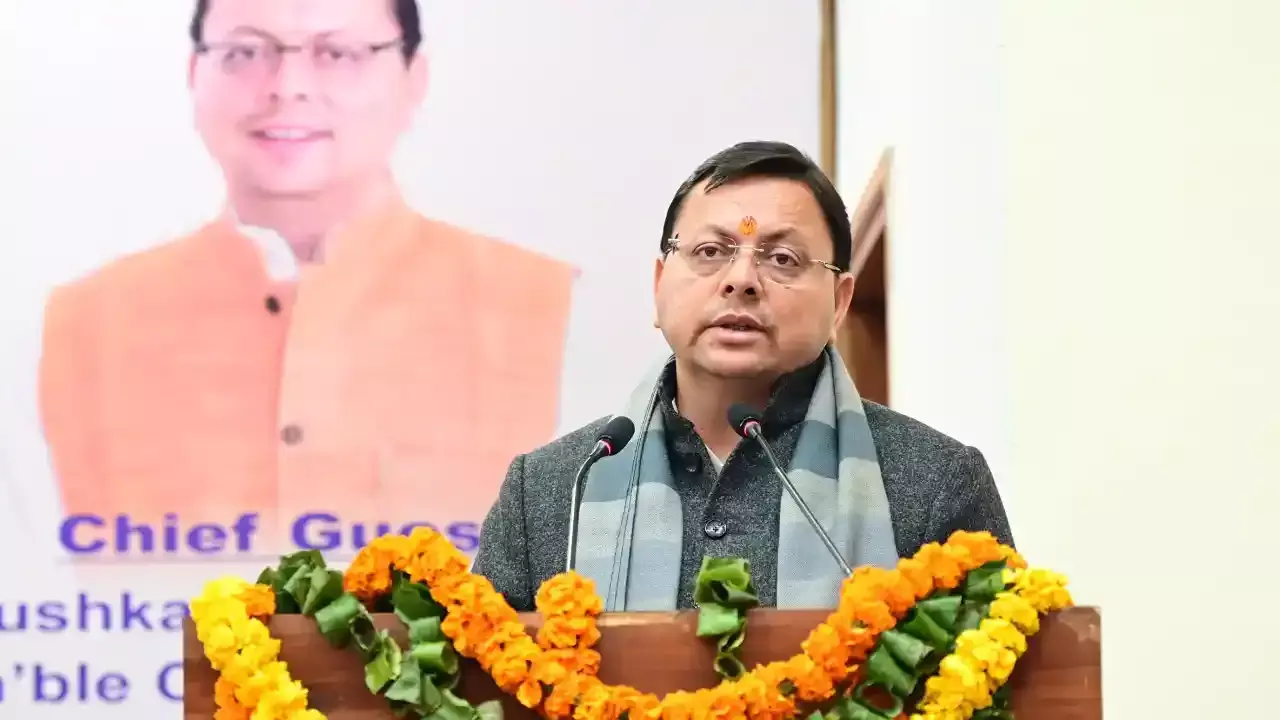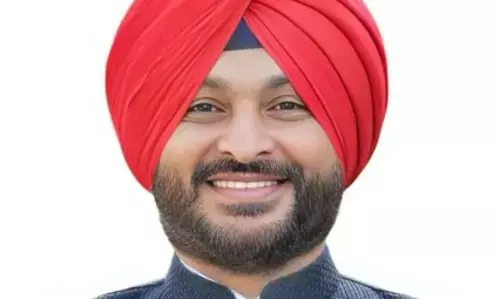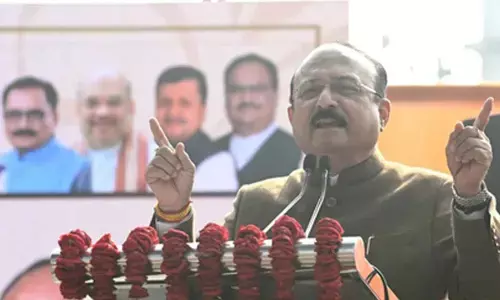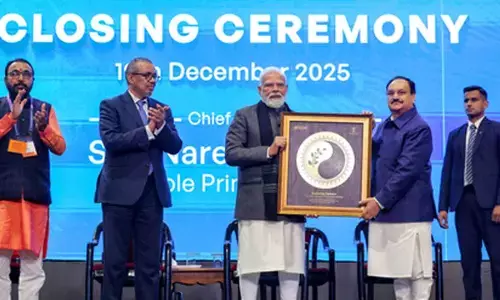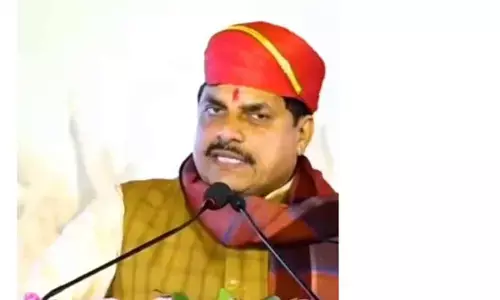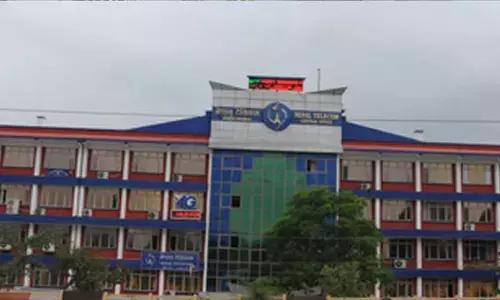Articles 15 &16 on reservation
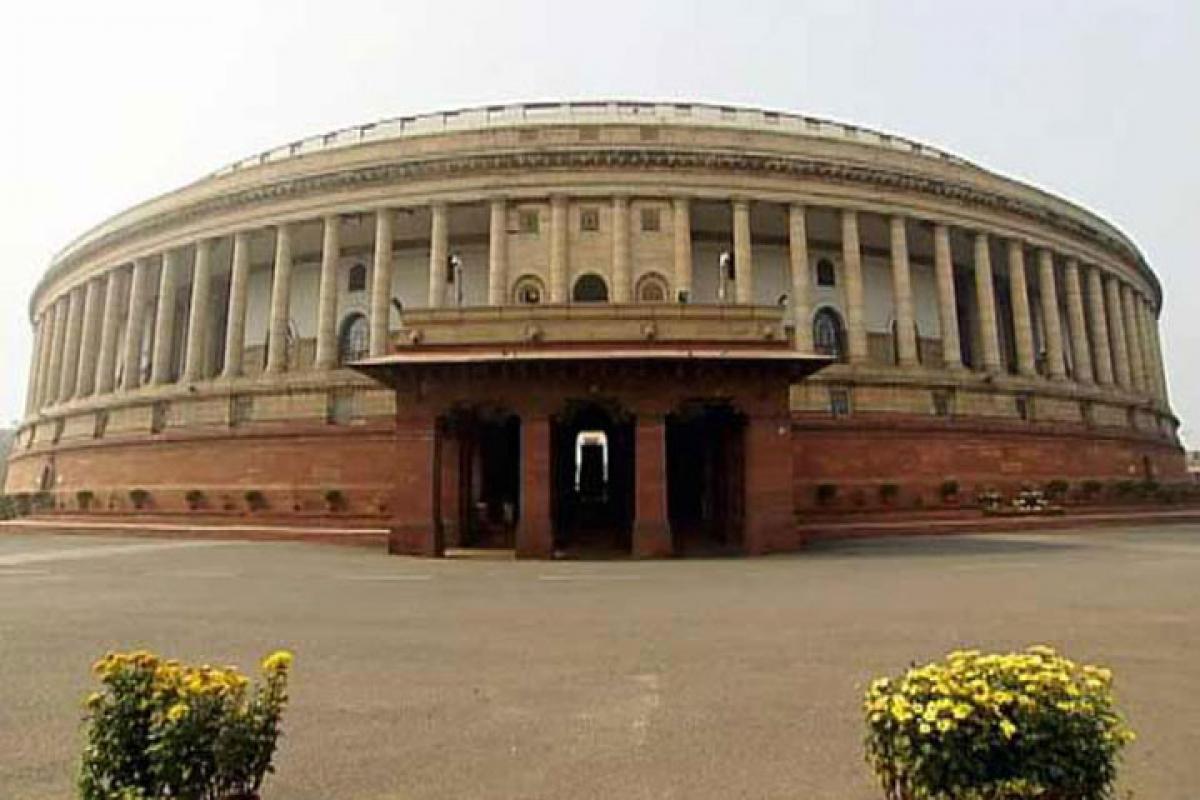
Lok Sabha Speaker Sumitra Mahajan called for a “rethink” on caste-based reservations in the country. Congress cited Articles 15 and 16 in the Constitution which make way for reservations to socially disadvantaged sections. The Supreme Court has now struck the contention of the Centre that it can enact laws under the said Articles to provide quota to the Jats who have been violently agitating for i
Recently, Lok Sabha Speaker Sumitra Mahajan called for a “rethink” on caste-based reservations in the country. Congress cited Articles 15 and 16 in the Constitution which make way for reservations to socially disadvantaged sections. The Supreme Court has now struck the contention of the Centre that it can enact laws under the said Articles to provide quota to the Jats who have been violently agitating for inclusion among OBCs.
It reiterated its last year verdict. On March 17, 2015, the Supreme Court ruled that “caste” and “historical injustice” cannot blind a state in according backward status to a community and that new emerging groups such as transgenders must be identified for quota benefits.
The UPA-II government in March 2014 included Jats in the central list of OBC, which was challenged in the courts. Let us look at what these Articles say Article 15 (4) says that “Nothing in this article or in clause (2) or article 29 shall prevent the State from making any special provision for the advancement of any socially and educationally backward classes of citizens or for the Scheduled Castes and the Scheduled Tribes,” Article 15 (5) makes it clear that, “Nothing in this article or in sub-clause (g) of clause (1) of article 19 shall prevent the State from making any special provision, by law, for the advancement of any socially and educationally backward classes of citizens or for the Scheduled Castes or the Scheduled Tribes in so far as such special provisions relate to their admission to educational institutions including private educational institutions, whether aided or unaided by the State, other than the minority educational institutions referred to in clause (1) of Article 30.”
Article 30 (1) says: “All minorities, whether based on religion or language, shall have the right to establish and administer educational institutions of their choice.” According to Article 16 (4): “ Nothing in this article shall prevent the State from making any provision for the reservation of appointments or posts in favour of any backward class of citizens which, in the opinion of the State, is not adequately represented in the services under the State.”
The Supreme Court of India ruled that reservations could not exceed 50% (which it judged would violate equal access guaranteed by the Constitution) and put a cap on reservations, as per the Article 16 (4).








